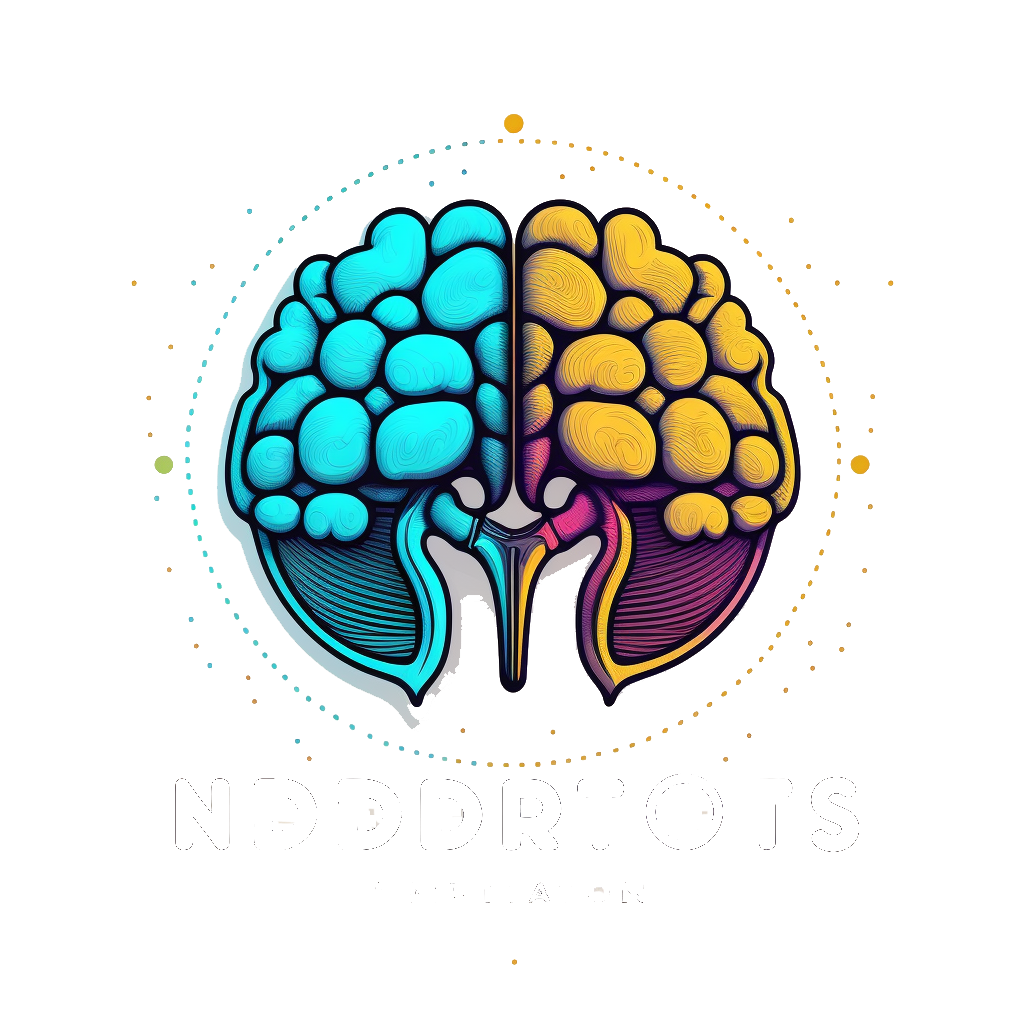Citicoline, also known as CDP-choline, is a popular nootropic compound that has gained attention for its cognition-enhancing effects. In this article, we will explore the benefits of citicoline as a nootropic, its recommended dosage, history, and other relevant information.
Citicoline is a naturally occurring compound that plays a crucial role in brain function and health. It is a precursor to both choline and cytidine, which are important components of cell membranes and neurotransmitters. Citicoline is found in small amounts in certain foods, such as eggs and organ meats. However, it is often taken as a supplement to provide additional cognitive benefits.
Top 3 Benefits of Citicoline as a Nootropic
-
- Enhanced Memory and Cognitive Function: Citicoline is known for its positive impact on memory and cognitive function. It supports the synthesis and release of acetylcholine, a neurotransmitter involved in memory formation and learning. By increasing acetylcholine levels in the brain, citicoline supplementation may enhance memory, attention, and overall cognitive performance.
-
- Improved Focus and Mental Energy: Citicoline has been shown to enhance focus, mental clarity, and attention span. It works by increasing dopamine receptor densities in the brain, which may result in improved motivation and concentration. Citicoline’s ability to promote optimal brain energy metabolism also contributes to increased mental energy and alertness.
-
- Neuroprotective Effects: Citicoline exhibits neuroprotective properties, making it a valuable compound for brain health. It supports the production of phospholipids, essential components of cell membranes, which helps protect neurons from damage and promotes their regeneration. Citicoline has also been shown to reduce inflammation, oxidative stress, and free radical damage in the brain, potentially reducing the risk of age-related cognitive decline and neurodegenerative disorders.
Dosage of Citicoline
The optimal dosage of citicoline can vary depending on individual needs and specific health conditions. However, a common range for cognitive enhancement is typically between 250 mg to 1,000 mg per day.
It is advisable to start with a lower dosage and gradually increase as needed. Some individuals may experience the desired effects with lower doses, while others may require higher doses to obtain the cognitive benefits. It is important to consult with a healthcare professional to determine the appropriate dosage based on individual circumstances.
Originally Developed for Stroke Patients
Citicoline was initially developed in Japan in the 1950s as a treatment for stroke and other cerebrovascular disorders. It was later introduced as a dietary supplement and nootropic due to its positive effects on cognitive function and brain health.
Over the years, citicoline has gained recognition for its neuroprotective properties and cognitive-enhancing effects. It is widely studied and has been used as a therapeutic agent in various countries, including Japan, Europe, and the United States.
Safety and Side Effects
Citicoline is generally considered safe when taken at the recommended dosages. It has a good safety profile and is well-tolerated by most individuals. However, some people may experience mild side effects, such as gastrointestinal discomfort, headache, or insomnia, especially at higher doses.
It is important to follow the recommended dosage guidelines and consult with a healthcare professional, especially if you have any underlying medical conditions or are taking other medications. They can provide personalized guidance and monitor your response to citicoline supplementation.
Citicoline, or CDP-choline, is a nootropic compound that offers several cognitive benefits, including enhanced memory, improved focus, and neuroprotective effects. As a precursor to choline and cytidine, citicoline supports the synthesis of essential neurotransmitters and cell membranes in the brain. With its well-documented history and recognized benefits
